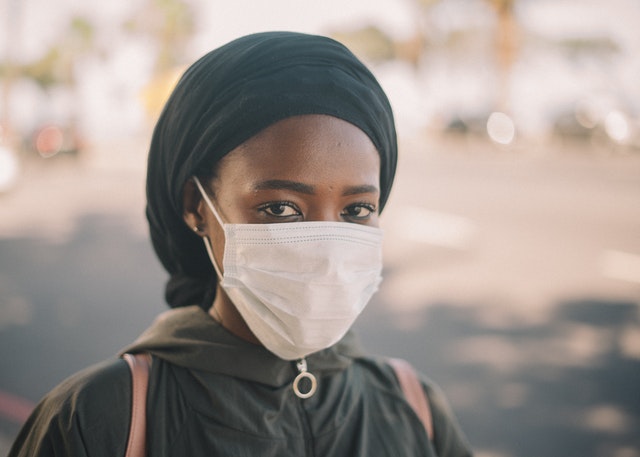The Western Cape has recorded an additional 40 deaths, bringing the total number of COVID-19 related deaths in the province to 2139.
The breakdown of numbers is as follows:



Data note: As the province moves closer to the peak and the Department of Health is recording over 1000 new cases daily, it is not possible to check and verify that the address data supplied for each new case is correct, within the time frames required to provide regular and timely updates. This means that in some instances, cases could be allocated to the wrong sub-districts. We are working with the sub-districts to clean and verify the data and where errors are picked up locally, cases will be re-allocated to the correct areas.
More data is available here: https://coronavirus.westerncape.gov.za/covid-19-dashboard
Return to school:
On Tuesday, July 6 Grades R, 6 and 11 returned to school in line with the national Department of Basic Education’s planning.
“We understand that for many parents and learners, this is a daunting time and we understand that there is an element of fear and concern. The Western Cape Education Department (WCED) has put in place a number of safety measures to ensure that learners are able to return as safely as possible and that teachers and school staff are safe. The WCED has spent R450 million so far on cleaning materials, soaps, sanitizers and masks to prepare schools for the phased return of learners to schools, and developed a comprehensive set of guidelines including on how to manage positive cases at schools,” said Western Cape Premier Alan Winde.
Winde is also encouraging parents to have age-appropriate conversations with their children to help them better understand the situation, handle their anxiety and be more prepared for protecting themselves from COVID-19 in a schooling environment.
He also mentioned that parents who have reservations or concerns over sending their children to school can apply for exemption through their school, however, this will require the parents to take responsibility for their learning at home.
Surface cleaning:
Coronavirus spreads through respiratory droplets. These droplets can be spread through sneezing and coughing, but also by touching our faces and then touching surfaces.
This is why it is important that we make a conscious effort to not touch our faces and to regularly wash or sanitise our hands and clean surfaces which we touch regularly, in our homes and in workplaces.
Virus droplets can adhere to surfaces like door handles, light switches, counters, desks and basins.
It is therefore important that these surfaces are regularly cleaned, either with soap and water, or bleach and water to kill the virus droplets.
It is also important that we wash or sanitise our hands after touching surfaces in high traffic areas like on public transport or in public transport interchanges, supermarkets, elevator buttons, escalators, and shared spaces in offices and workplaces. Phones and electronic devices which we touch frequently should also be cleaned regularly.
Regular cleaning of surfaces becomes even more important when you are self-quarantining or self-isolating in a home that you share with other people. People who are COVID-19 positive, or experiencing symptoms should clean surfaces in shared areas like bathrooms and kitchens, as well as frequently touched surfaces in order to protect those living with them.
If this is not possible, quarantine and isolation facilities are available in the province, where those who are COVID-19 positive, or who need to quarantine, can safely and comfortably do so. These can be accessed by contacting our hotline on 021 928 4102.
Picture: Pexels

